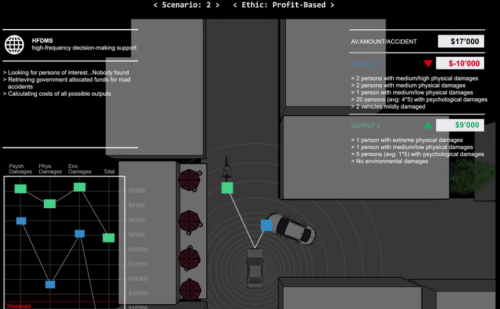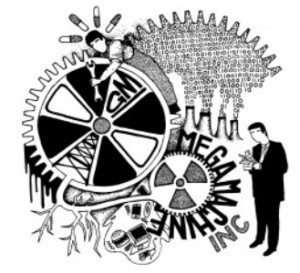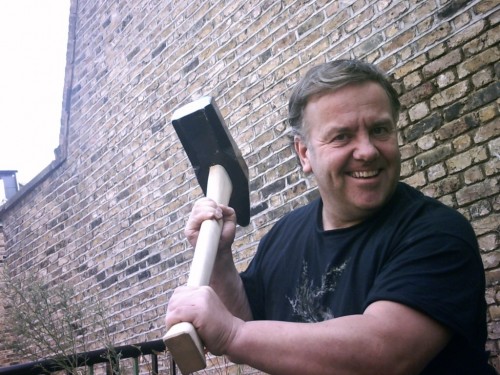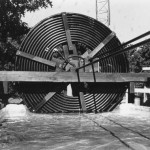 “Modern motor vehicles are safer and more reliable than they have ever been – yet more than 1 million people are killed in car accidents around the world each year, and more than 50 million are injured. Why? Largely because one perilous element in the mechanics of driving remains unperfected by progress: the human being.”
“Modern motor vehicles are safer and more reliable than they have ever been – yet more than 1 million people are killed in car accidents around the world each year, and more than 50 million are injured. Why? Largely because one perilous element in the mechanics of driving remains unperfected by progress: the human being.”
“Enter the cutting edge of machine mitigation. Back in August 2012, Google announced that it had achieved 300,000 accident-free miles testing its self-driving cars. The technology remains some distance from the marketplace, but the statistical case for automated vehicles is compelling. Even when they’re not causing injury, human-controlled cars are often driven inefficiently, ineptly, antisocially, or in other ways additive to the sum of human misery.”
“What, though, about more local contexts? If your vehicle encounters a busload of schoolchildren skidding across the road, do you want to live in a world where it automatically swerves, at a speed you could never have managed, saving them but putting your life at risk? Or would you prefer to live in a world where it doesn’t swerve but keeps you safe?”
Quoted from: Automated Ethics, Tom Chatfield, Aeon Magazine. The image is from Ethical Autonomous Vehicles, a research project and video by Matthieu Cherubini. Three distinct algorithms have been created – each adhering to a specific ethical principle/behaviour set-up – and embedded into driverless virtual cars that are operating in a simulated environment, where they will be confronted with ethical dilemmas. Via InternetActu.







